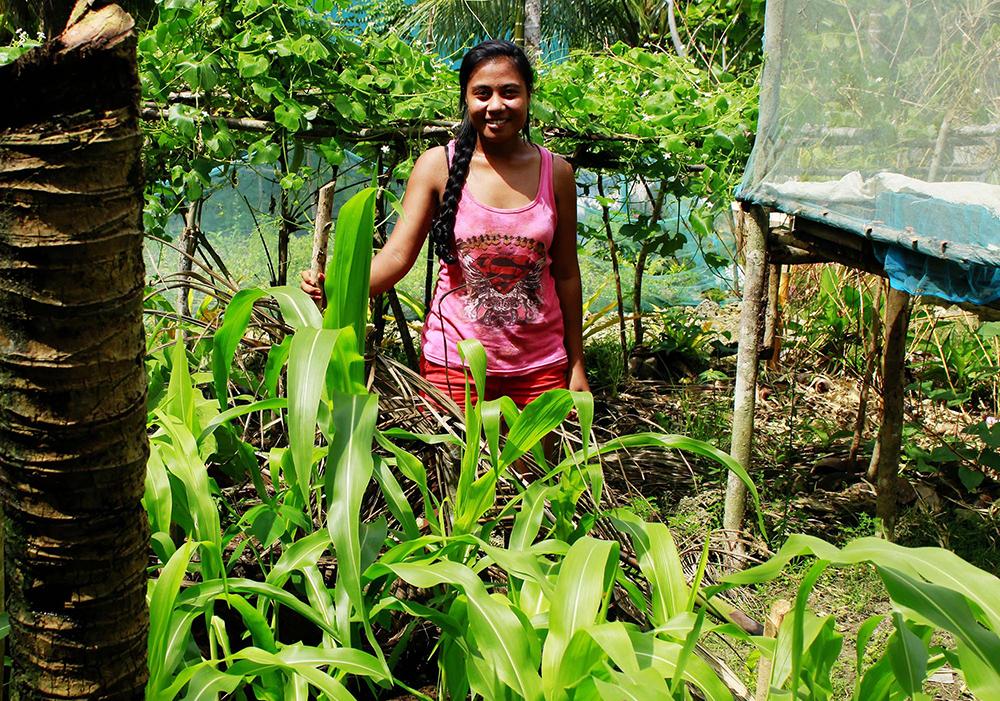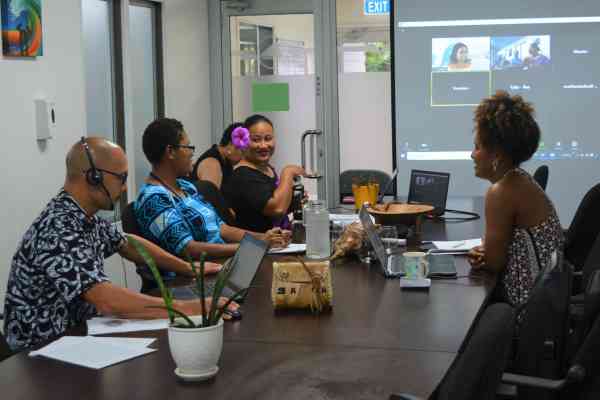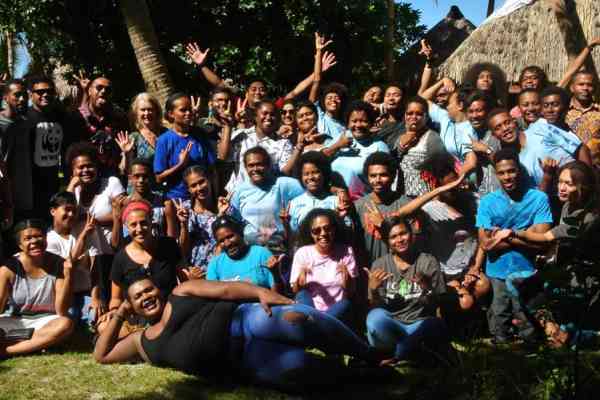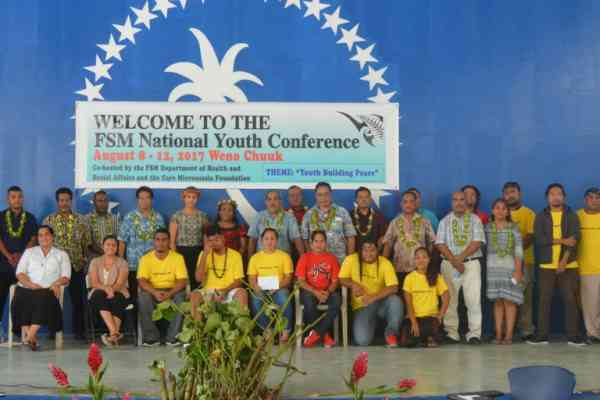The total population in our diverse Pacific region is around 10 million people – more than half of which is under the age of 25. It is growing fast, placing huge and increasing pressures on basic resources and core services, such as education, health and justice. The average youth unemployment rate in the Pacific is 23 per cent, compared to a global average of 12.6 per cent.
The Pacific Community (SPC) is working with youth organisations throughout the region to help forge partnerships with government and non-government agencies to address the growing challenge of youth unemployment in an environment with limited opportunities for sustainable development.
‘There are a number of reasons why youth development has not been included in national government policies, resulting in loss of potential in the region’, explains SPC Human Development Adviser – Youth, Ms Mereia Carling.
‘Youth-related concerns are often treated as stand-alone issues, and addressed without consideration of root causes. In the long term these issues are more difficult to address due to the lack of engagement between partners, governments and young people’ added Ms Carling.
In an effort to address youth-related issues in the region, the Pacific Youth Development Framework (PYDF) 2014–2023 was launched in 2015. The overall development of the PYDF was led by SPC’s Social Development Programme and office of Strategic Planning and Learning.
The PYDF ‘represents an important milestone for the Pacific region’, explains Ms Carling. ‘It responds to the calls from young people, development partners and governments for greater support for the implementation of countries’ youth policies, and to address barriers to progress’, Ms Carling continued.
As part of its efforts to meet the objectives set out in the PYDF, in 2016 SPC introduced the Youth@Work programme in Solomon Islands to assist individuals to find employment by working with youth groups and organisations.
Youth@Work provides education and training for early school leavers, young women, young people living with disabilities, and rural youth. The programme requires selected participants to complete community service and three weeks of training before they are placed in an internship for 15–20 weeks. Anyone between the age of 17 and 27 can register, and no particular level of education is required.
‘The programme seeks to improve youth attitudes and behaviours and help young people recognise their own value and the contributions that they can make within their communities. It is opening up their minds to new ideas and possibilities for their own future while motivating many to pursue further study’, saidMs Carling.
The programme’s rural model is designed to provide youth with opportunities to start their own businesses in their village settings.
Youth@Work is also working with a group of young people identified as ‘Not in Education, Employment or Training’, called NEET. SPC reports show that between 2012–2015, 25–40 percent of Youth@Work participants found permanent employment through the programme.
‘Partnering with youth is the key, and SPC recognises the potential and effective role young people have in advancing development agendas that are inclusive and responsive to youthspecific issues’, said Ms Carling.



